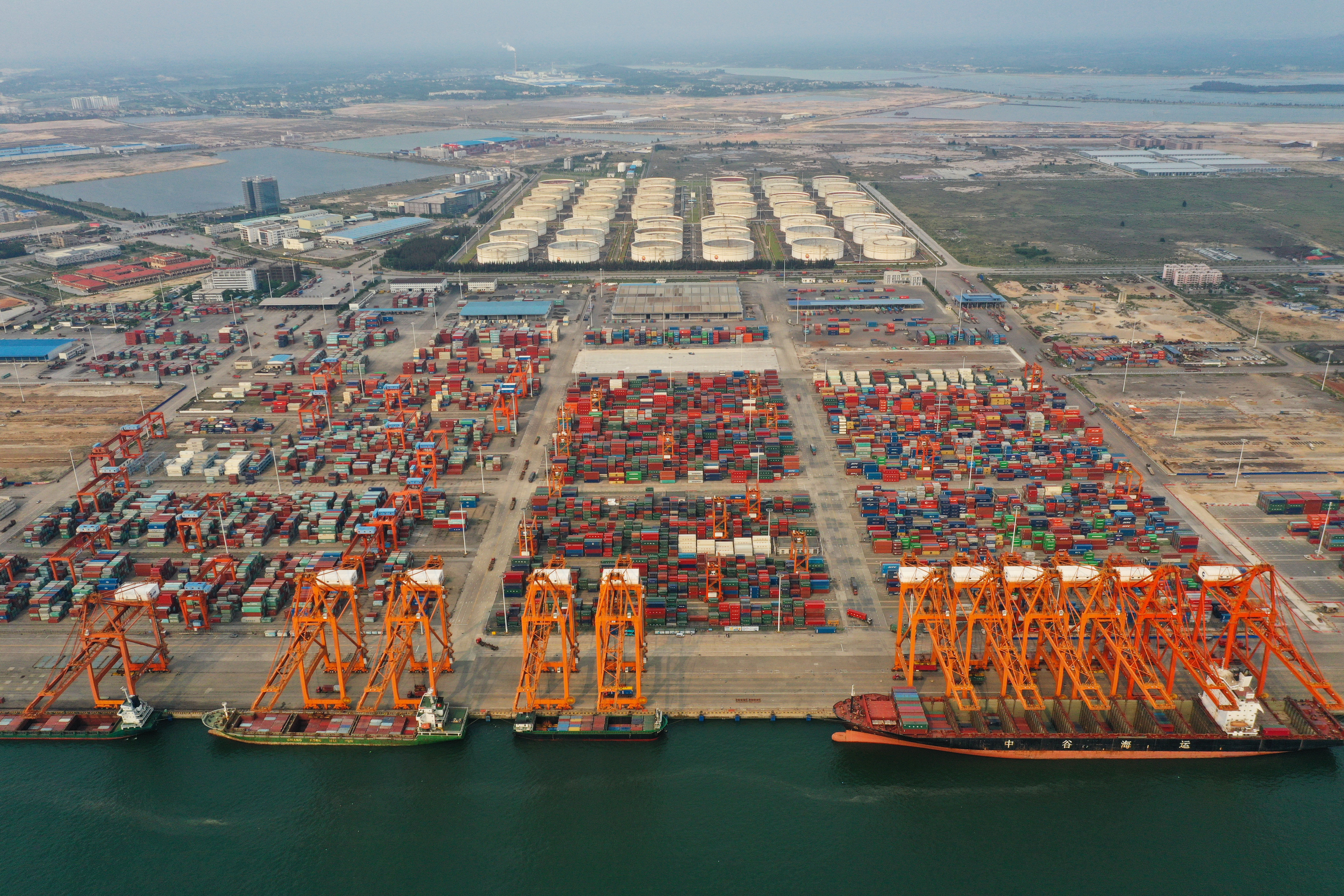China delivers greater reform, opening up with 6 new FTZs
 0 Comment(s)
0 Comment(s) Print
Print E-mail Xinhua, August 27, 2019
E-mail Xinhua, August 27, 2019

In this way, the FTZs can develop in a less fragmented approach and better connect with each other, which will help advance coordinated and integrated development, according to Han Jian, a professor at Nanjing University Business School.
It is also the first time that the country has set up pilot FTZs in the country's border areas, a move that will facilitate the country's economic and trade cooperation with neighboring countries, Wang said.
The new FTZs will have more autonomy in making policies in trade and investment facilitation, financial services for the real economy, talented people management and institutional innovation, he said.
Authorities should draw lessons from the pilot programs and accumulate experience for reform practices that could be replicated and promoted, according to the plan.
Greater opening up
China's FTZs have a proven track record in attracting foreign investment. In the first half of this year, China's 12 current FTZs have attracted foreign investment of nearly 70 billion yuan (about 10 billion U.S. dollars), accounting for 14 percent of the country's total, Wang said.
"With institutional advantages and better business environments, the FTZs are at the forefront in attracting foreign investment," Wang said.
"We believe the new FTZs will also become investment hotspots," he said.
The setting up of new FTZs is part of the country's ongoing efforts to open up the economy amid rising protectionism.
The latest opening-up progress included shortened negative lists, which outline sectors off-limit to foreign investment, greater foreign access to the financial sector, as well as the newly adopted Foreign Investment Law.
"China is accelerating its opening up, which is a big cake that has great appeal for foreign firms," said Han.
In addition, faster development of pilot FTZs will better serve the country's real economy, attracting high-quality personnel and high-tech companies from overseas with a better business environment and intellectual property protection, Han said.





